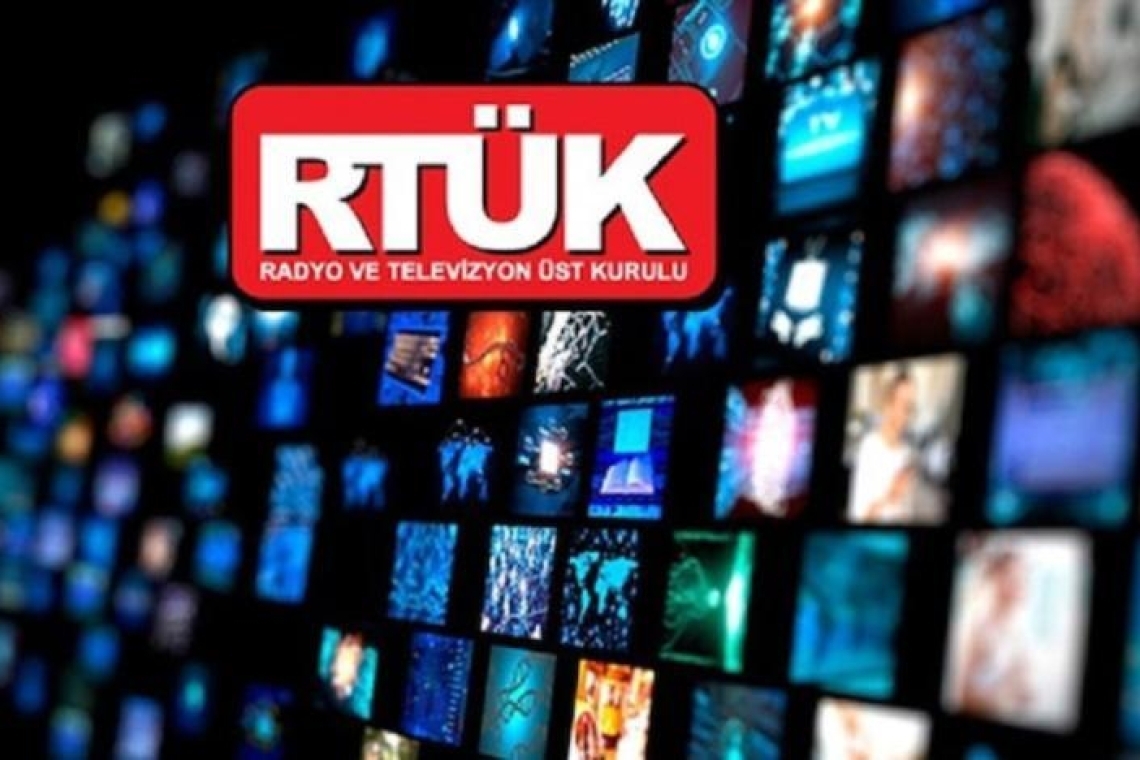"We at MLSA filed a lawsuit five years ago with the Court of Cassation seeking the annulment of the regulation imposed by RTÜK on international and local media outlets. The Court's decision is critical to eliminating censorship through licensing."
MLSA - Turkey's media watchdog, the Radio and Television Supreme Council (RTÜK), has ordered Cumhuriyet newspaper's YouTube channel to apply for a broadcasting license, reigniting debates over press freedom and censorship. The decision is based on a 2019 regulation requiring internet broadcasters to obtain licenses, which has been the subject of a five-year legal battle led by the Media and Law Studies Association (MLSA) that remains unresolved.
On Dec. 27, 2024, RTÜK demanded that Cumhuriyet apply for a license within 72 hours or face access restrictions to its YouTube channel. This marks the first time a licensing requirement has been imposed on a YouTube channel in Turkey, setting a precedent that could affect independent and international media outlets operating online.
A controversial regulation and a prolonged legal challenge
The regulation underpinning RTÜK’s decision, the "Regulation on the Presentation of Radio, Television, and On-Demand Broadcasts on the Internet," came into force on Aug. 1, 2019. It gives RTÜK and the Information and Communication Technologies Authority (BTK) broad powers over internet broadcasting while imposing licensing fees ranging from TL 10,000 to TL 100,000. Critics argue the fees are prohibitive for independent media.
MLSA filed a lawsuit with the Court of Cassation (Danıştay) on Aug. 19, 2019, seeking annulment of the regulation, arguing that it violates freedom of expression and press freedom. Despite over five years of litigation, the court has yet to issue a ruling. MLSA Co-Director and lawyer Veysel Ok criticized the delay, calling the case pivotal for safeguarding press freedoms. "This decision could pave the way for a massive censorship mechanism affecting countless journalists, bloggers, and online reporters," he said.
Implications for independent media
The licensing requirement imposed on Cumhuriyet's YouTube channel is seen as part of a broader trend of increasing restrictions on independent and international media in Turkey. Following the publication of the regulation in the Official Gazette, foreign outlets like Deutsche Welle and Voice of America faced similar pressures but refused to comply with licensing demands.
MLSA has argued that the regulation’s vague language creates room for arbitrary enforcement, undermining press freedom. While RTÜK and BTK have defended the regulation, insisting on its necessity, the long-standing legal uncertainty has left media organizations in limbo.
Ok urged the Court of Cassation to rule in favor of freedom of expression. "We submitted an additional petition to the court last week, hoping for a decision soon," he said. Critics warn that failure to strike down the regulation could embolden further censorship efforts under the guise of licensing requirements.



